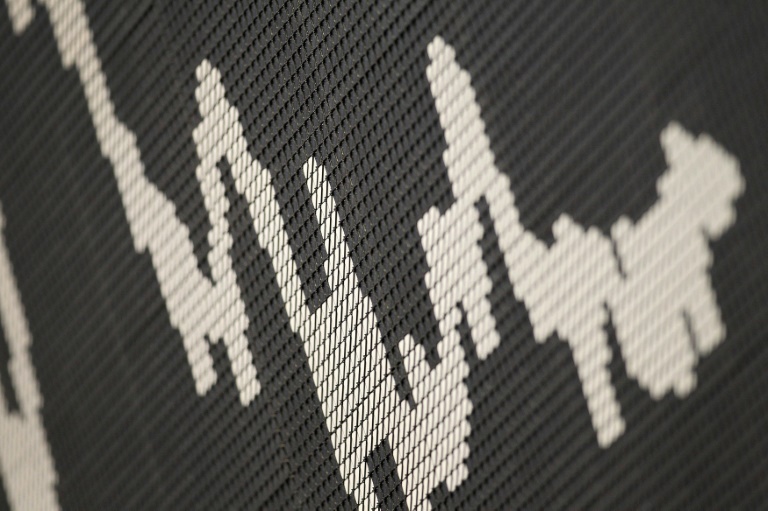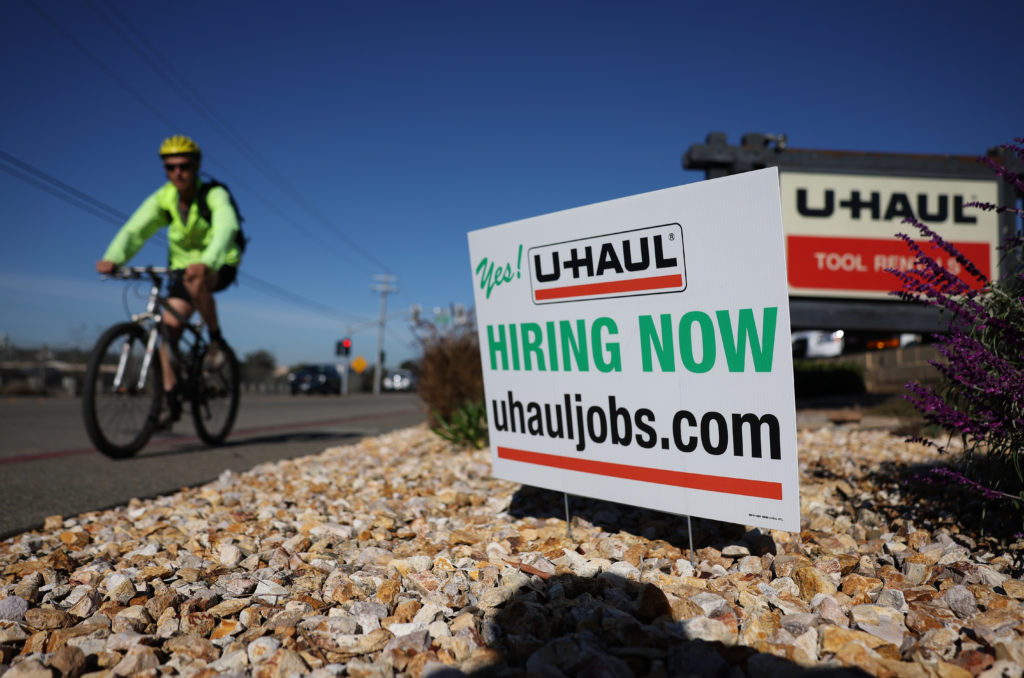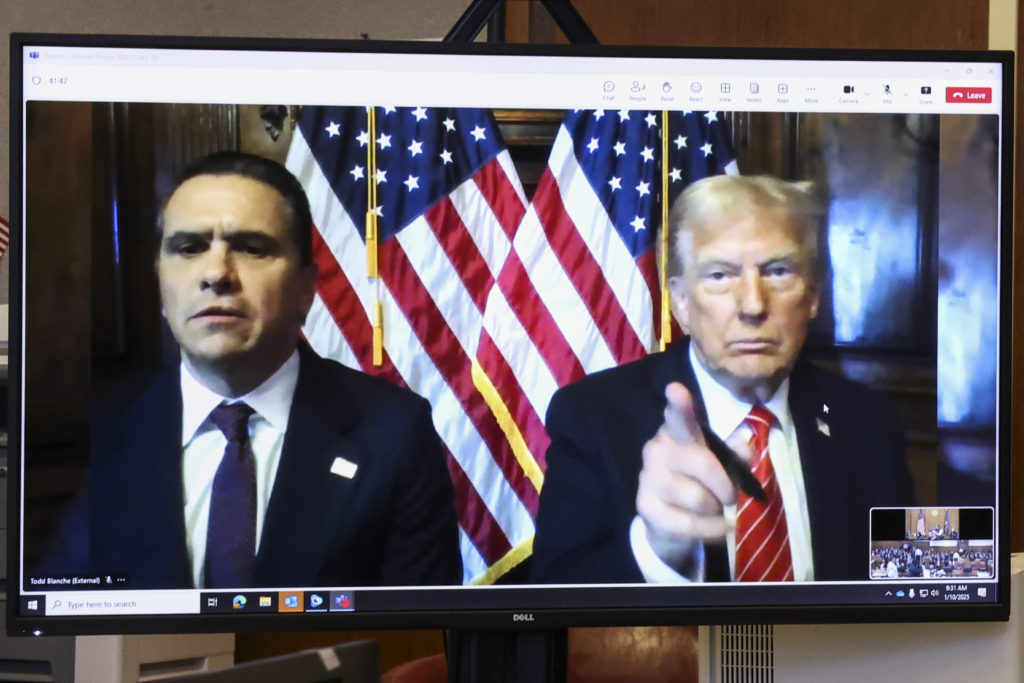Stocks took a beating as central banks indicated more rate hikes will be needed to tame inflation than investors had been expecting
Global stocks sank Thursday as central banks hiked interest rates again and signalled they needed to go higher to tame inflation.
Meanwhile, downbeat economic data out of China and the United States fanned recession fears.
Both the Bank of England and the European Central Bank mirrored the Fed’s half-point hike on Wednesday to tackle soaring inflation, with Norway and Switzerland raising rates as well.
Sentiment was already hammered on Wednesday after the Fed suggested that it saw US rates topping out next year at 5.1 percent, higher than markets had predicted.
Meanwhile the BoE, which lifted its key rate to the highest level in 14 years, warned that labour market tightness and inflationary pressures justified “a further forceful monetary policy response”.
The ECB delivered a similar message.
ECB president Christine Lagarde warned that inflation in the 19-nation eurozone was still “far too high” and more action needed to be taken.
The world’s major central banks are seeking to dampen red-hot inflation, which has been fuelled partly by fallout from Russia’s invasion of Ukraine.
“We have more ground to cover, we have longer to go and we are in for a long game,” Lagarde told reporters.
Share prices headed south after the rate decisions and kept falling.
Wall Street’s main indices were all down more than two percent in late morning trading.
In Europe, both Frankfurt suffered losses of more than three percent.
“The collapse in equity valuations comes as traders face up to an impending economic collapse where central banks seem to exacerbate rather than remedy the situation,” said Joshua Mahony, senior market analyst at online trading platform IG.
– Fresh recession fears –
Rising rates fan recession concerns because they push up loan repayments for consumers and companies, denting expenditure, investment and economic activity.
Market analyst Patrick O’Hare at Briefing.com said “these (central bank) policy moves were expected, but that still hasn’t helped matters given the understanding that higher rates will inevitably weigh on economic activity.”
Economic data released Thursday fed recession fears.
China’s retail sales plunged last month as Covid restrictions and a property market crisis hammered the world’s second-largest economy.
In the United States, retail sales slid by 0.6 percent in November from October, with industrial output dropping as well.
The Fed warned Wednesday that the world’s biggest economy would grow less than expected next year.
The ECB said Thursday the eurozone was likely in a shallow recession, as Britain’s economy is expected to continue contracting through next year.
Oil prices slid on the dimmer economic prospects.
“The raising of inflation forecasts and downgrading of growth forecasts with interest rates remaining higher for longer appear to be re-rating market expectations of the demand outlook over the course of the next few months,” said Michael Hewson at CMC Markets.
– Key figures around 1630 GMT –
New York – Dow: DOWN 2.2 percent at 33,207.78 points
EURO STOXX 50: DOWN 3. percent at 3,8
London – FTSE 100: DOWN 0.9 percent at 7,426.17 (close)
Frankfurt – DAX: DOWN 3.3 percent at 13,986.23 (close)
Paris – CAC 40: DOWN 3.1 percent at 6,522.77 (close)
Tokyo – Nikkei 225: DOWN 0.4 percent at 28,051.70 (close)
Hong Kong – Hang Seng Index: DOWN 1.6 percent at 19,368.59 (close)
Shanghai – Composite: DOWN 0.3 percent at 3,168.65 (close)
Euro/dollar: DOWN at $1.0648 from $1.0684 on Wednesday
Dollar/yen: UP at 137.65 yen from 135.45 yen
Pound/dollar: DOWN at $1.2221 from $1.2424
Euro/pound: UP at 87.13 pence from 85.96 pence
Brent North Sea crude: DOWN 2.0 percent at $81.02 per barrel
West Texas Intermediate: DOWN 2.3 percent at $75.49 per barrel
burs-rl/rox










